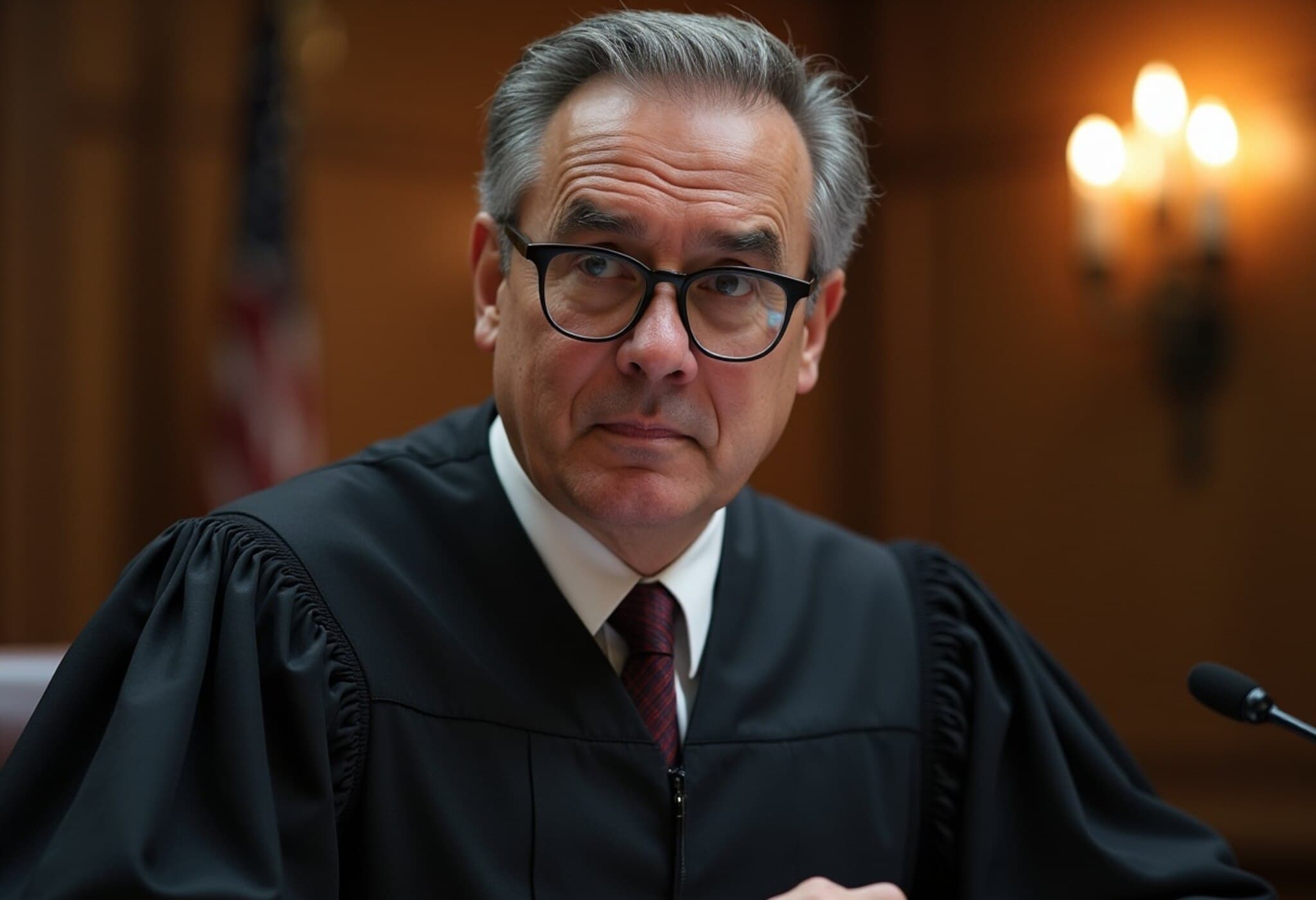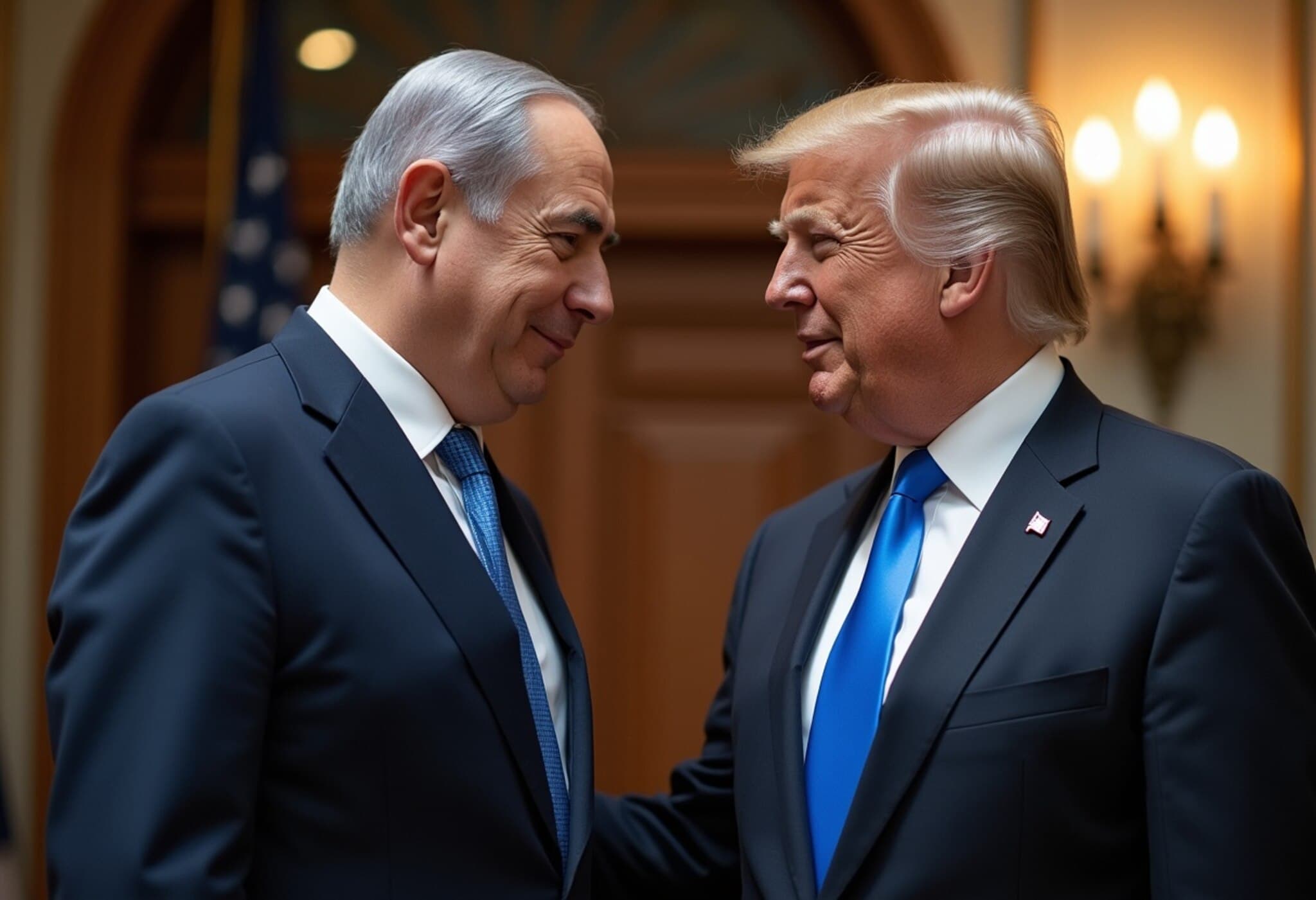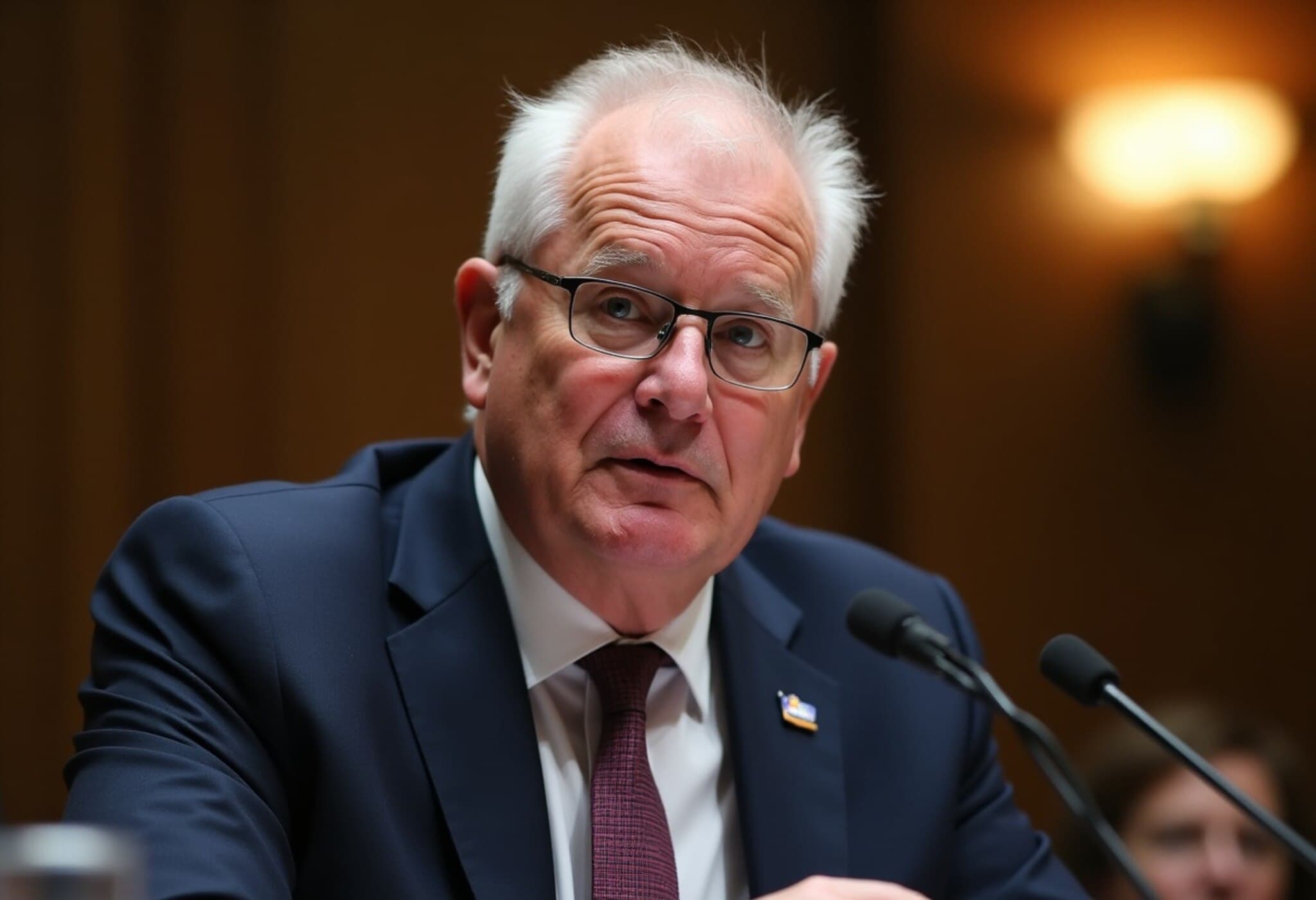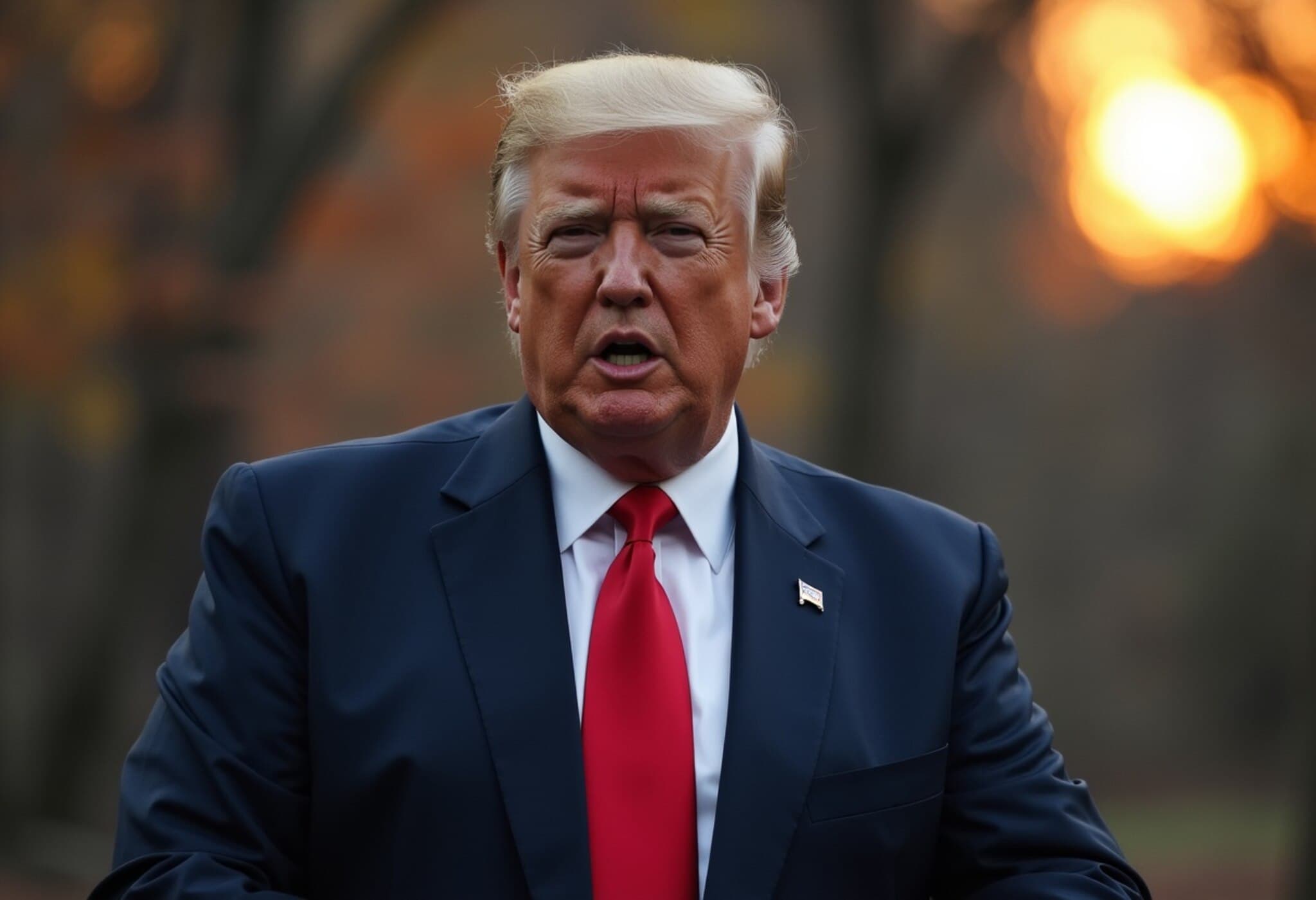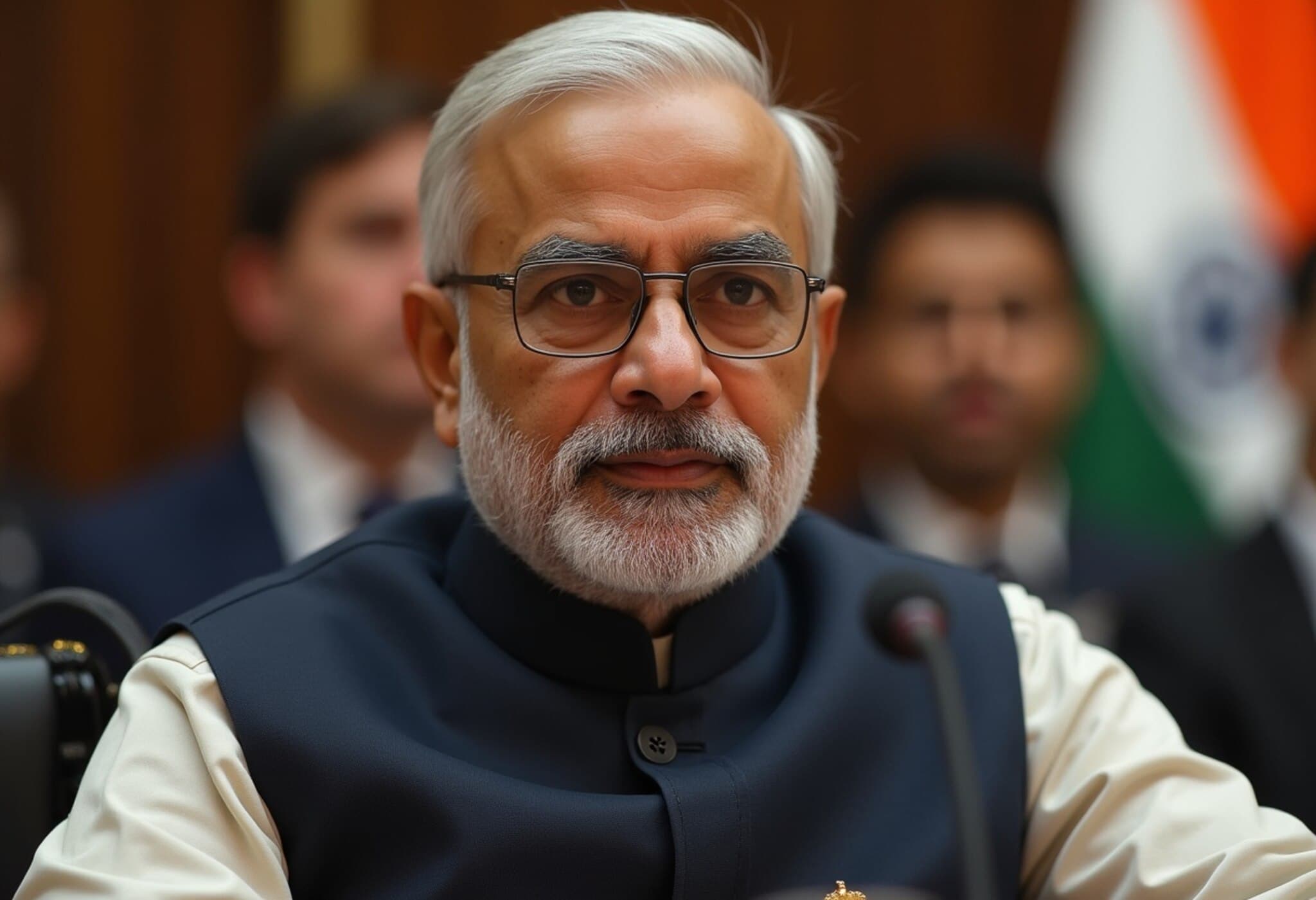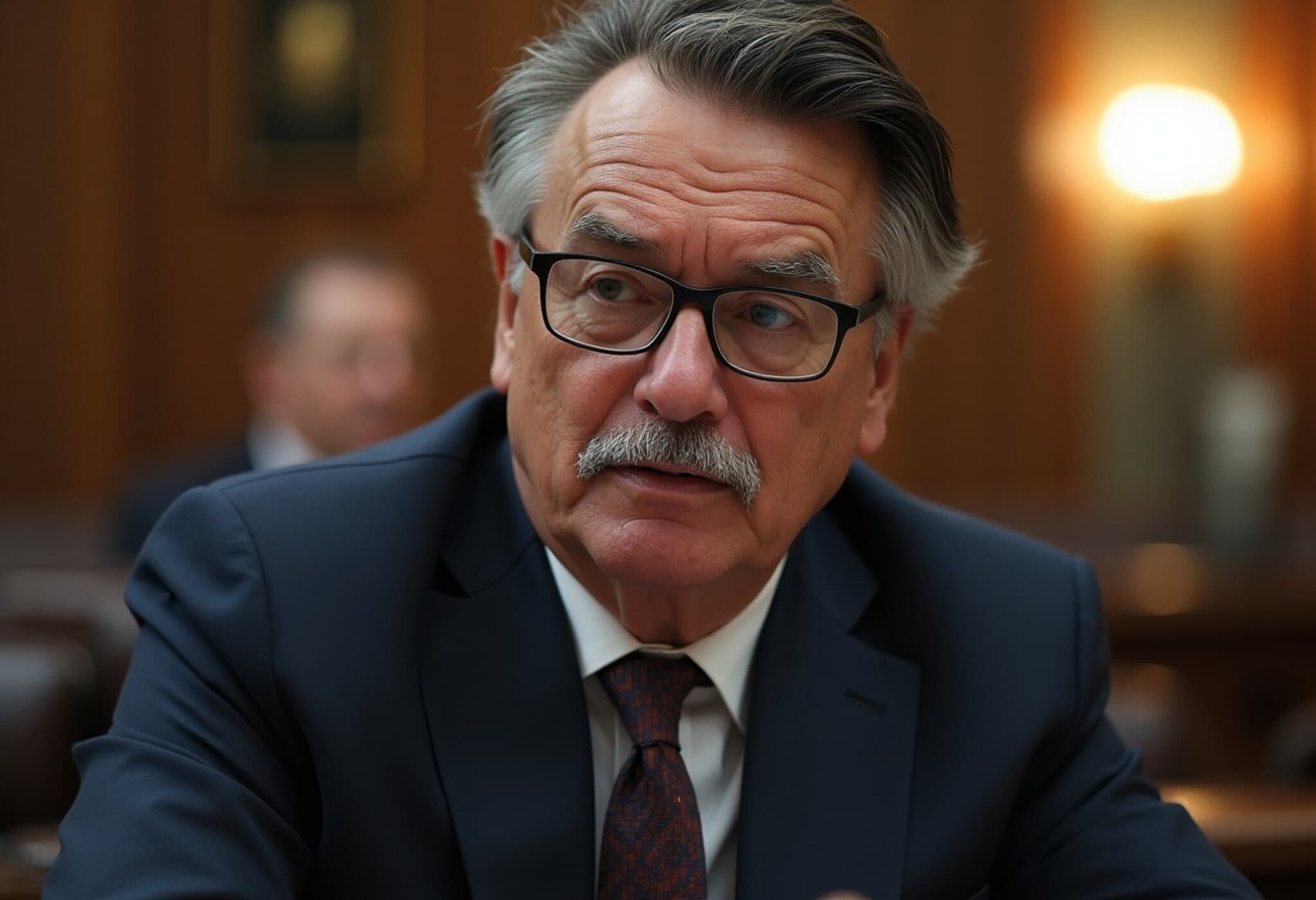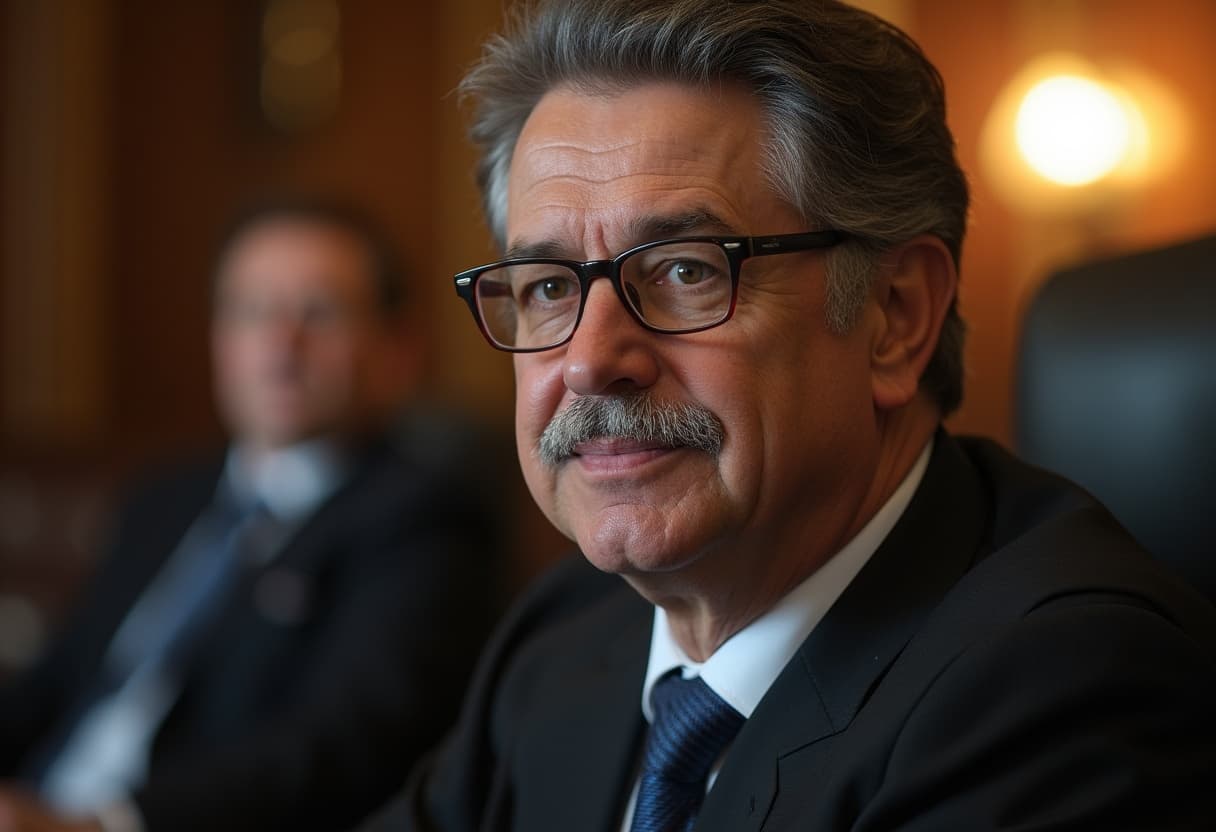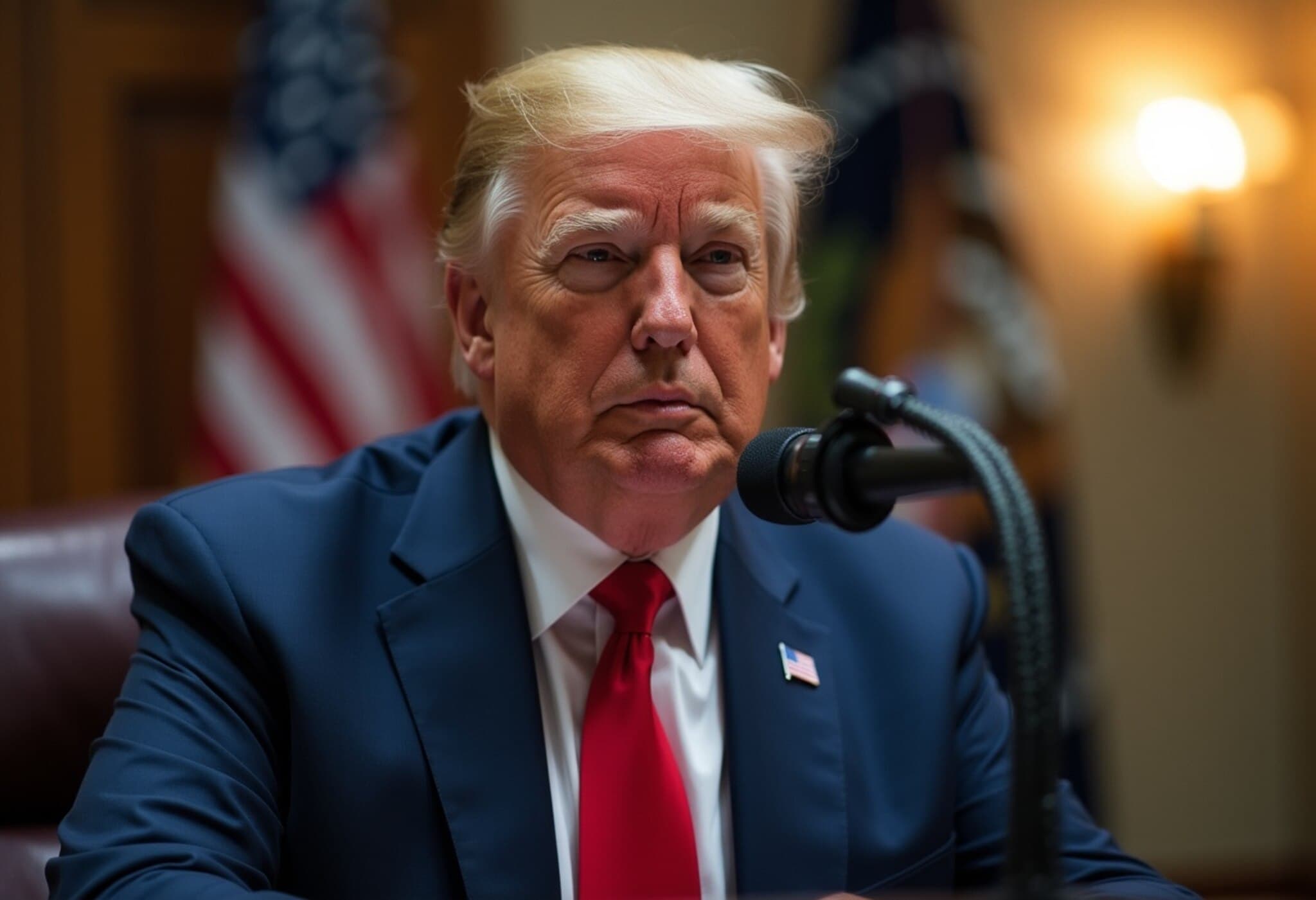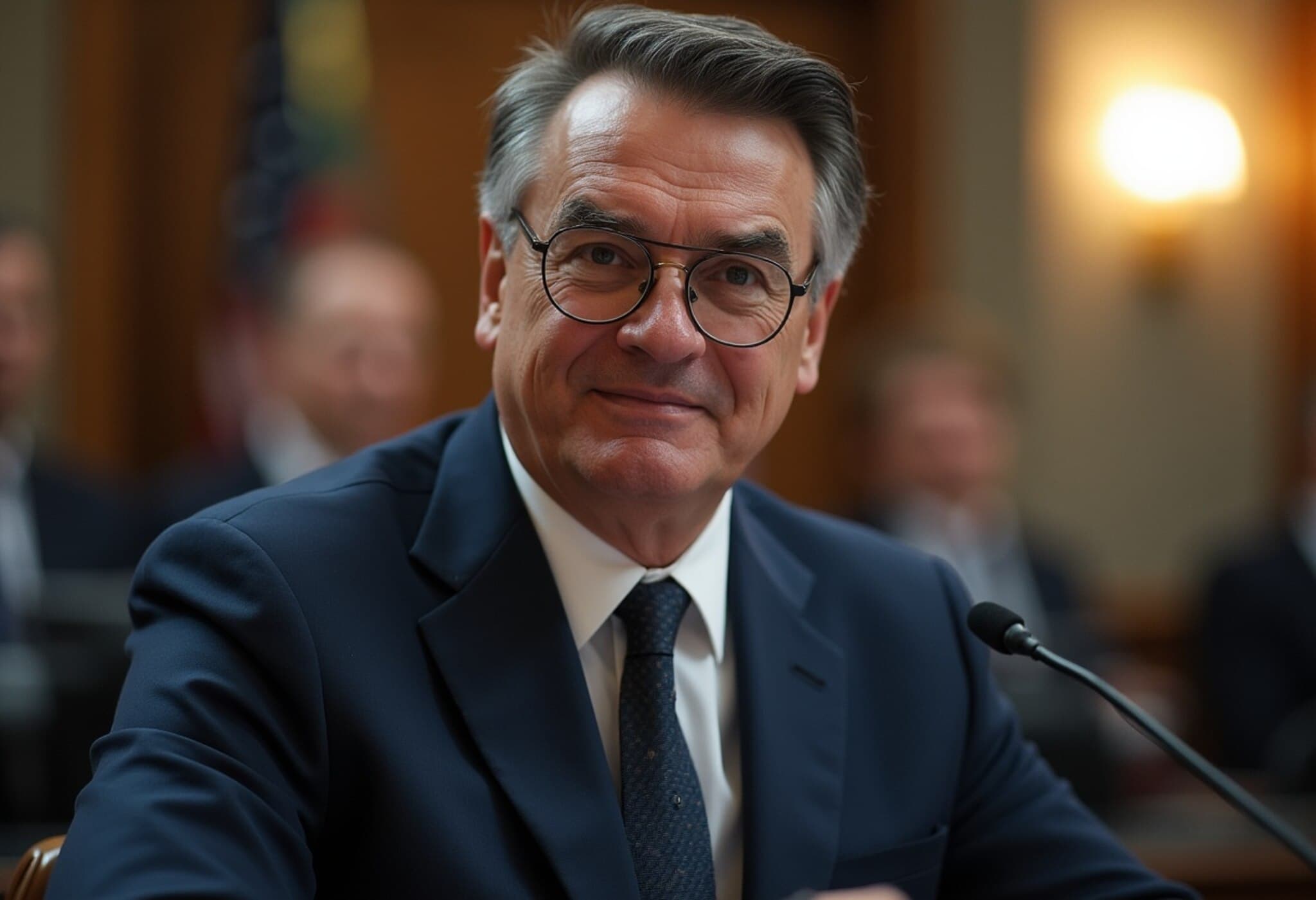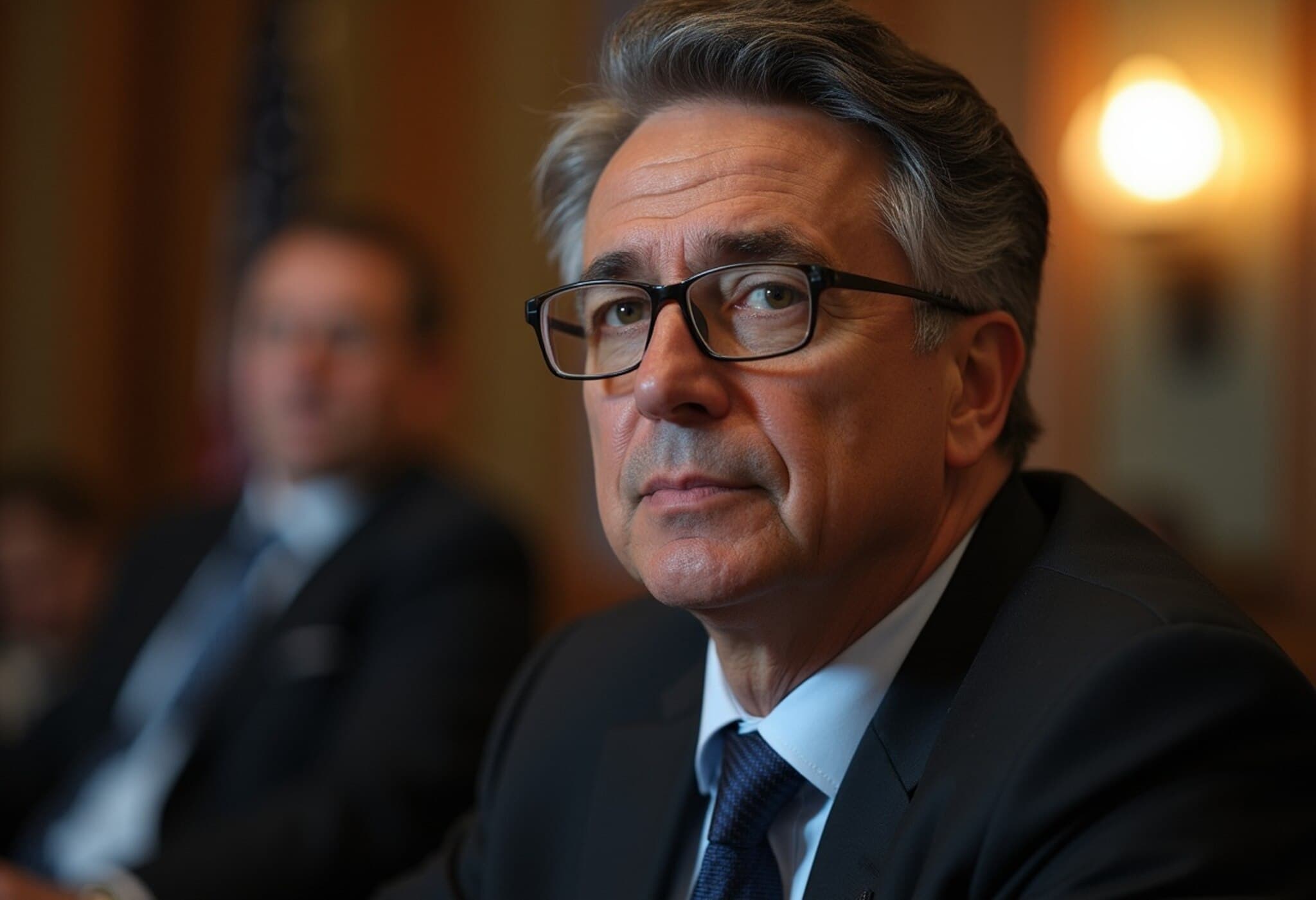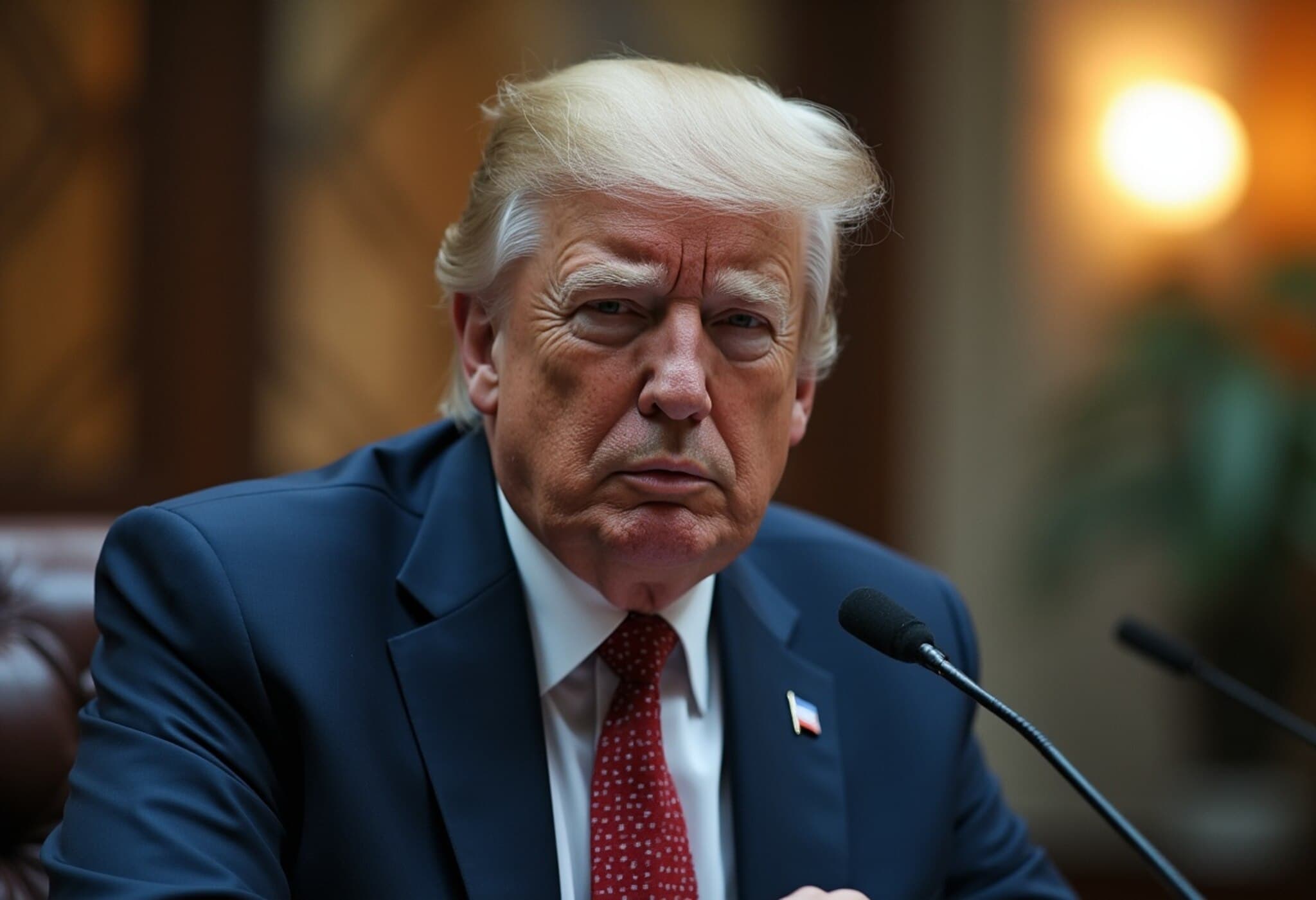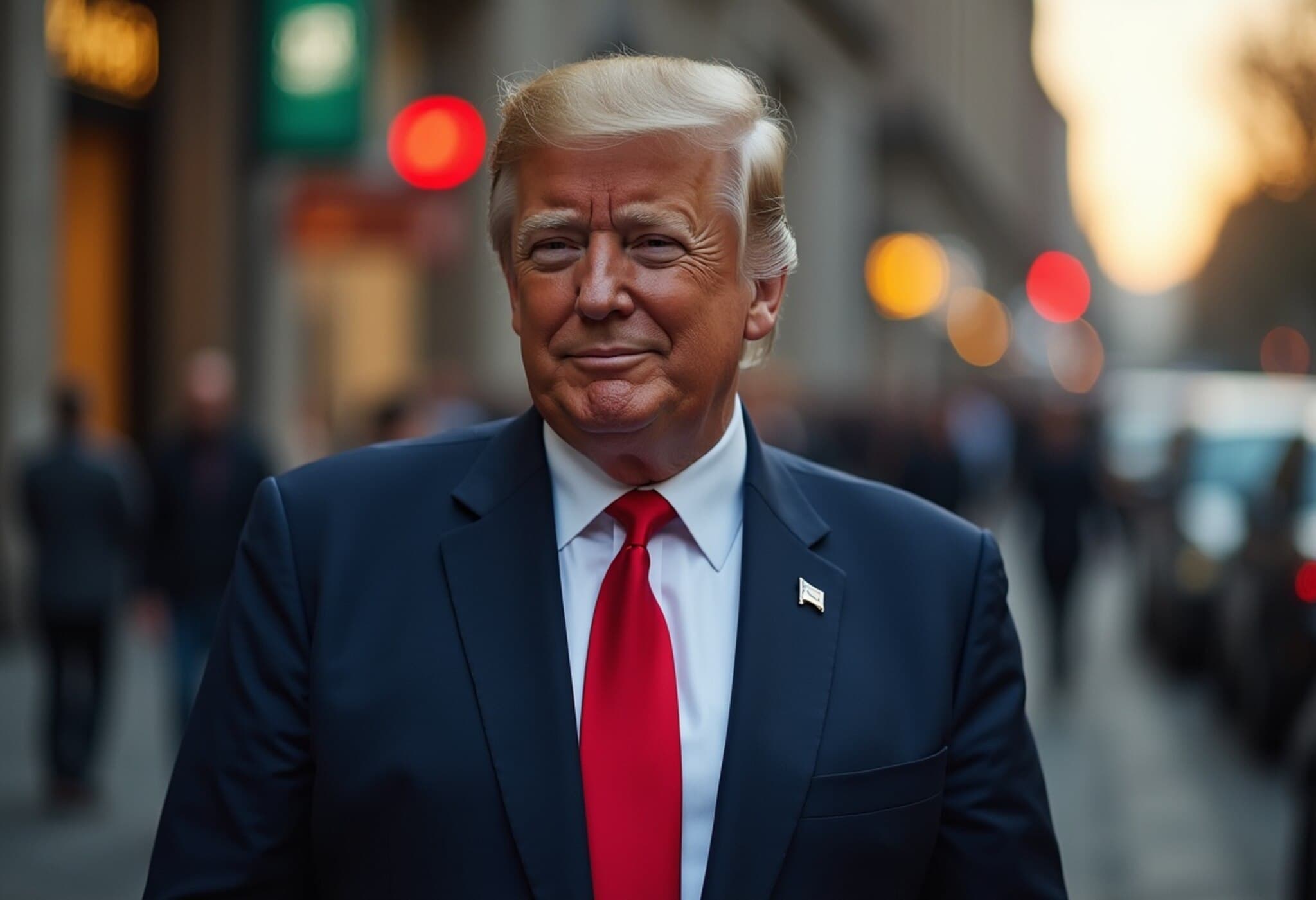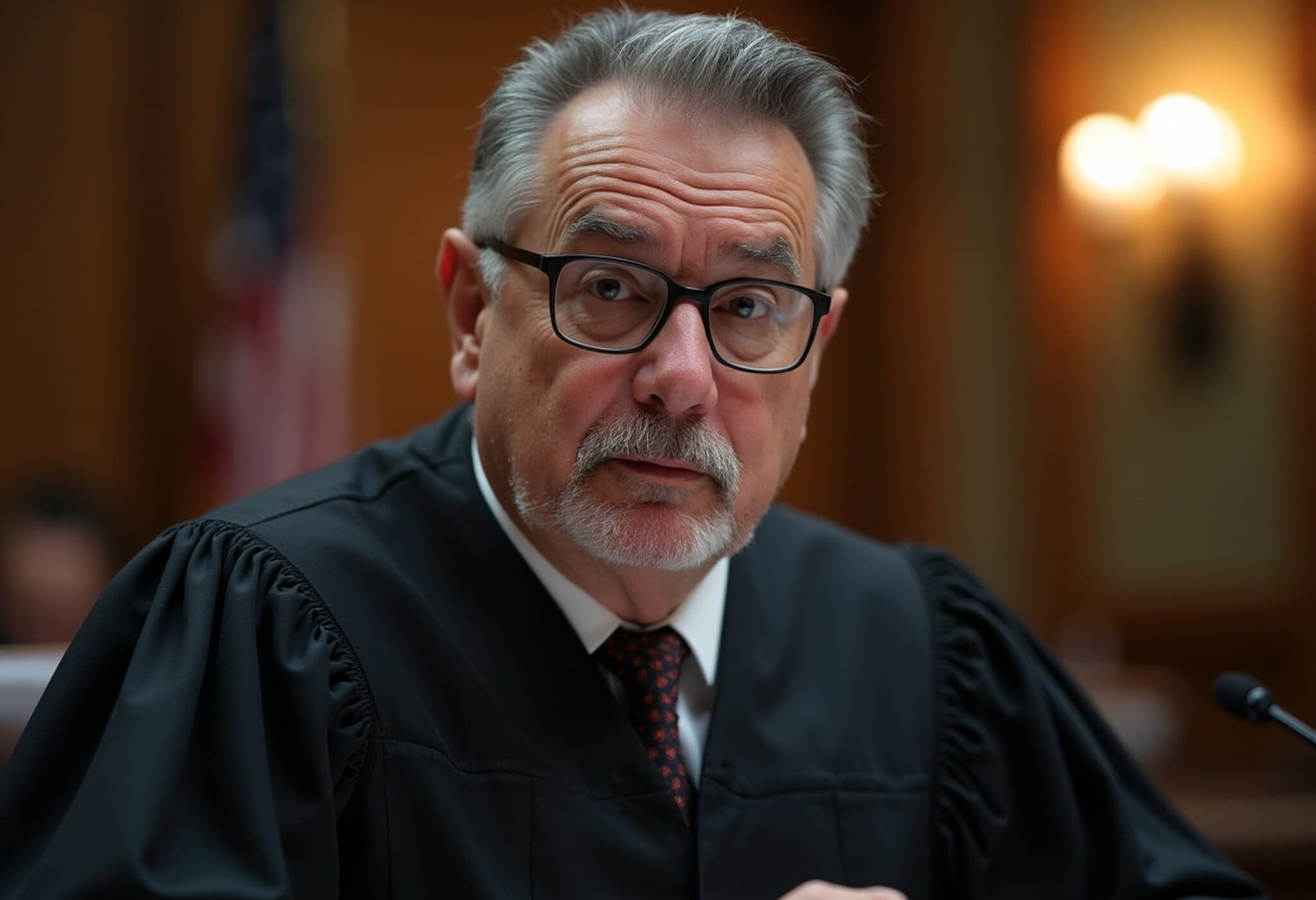U.S. Treasury Targets Brazilian Supreme Court Justice Alexandre de Moraes
In a move echoing the heightening tensions between the United States and Brazil’s judicial proceedings, the U.S. Treasury Department on Wednesday announced sanctions against Alexandre de Moraes, a Justice of Brazil’s Supreme Federal Court (STF). Known for his central role in high-profile cases involving former Brazilian President Jair Bolsonaro, de Moraes has become a lightning rod of criticism, particularly from former U.S. President Donald Trump.
The Legal and Political Backdrop
Alexandre de Moraes has overseen several contentious judicial actions, including a highly publicized investigation into allegations that Jair Bolsonaro attempted to orchestrate a coup d’état following his 2022 electoral defeat. The significance of these proceedings cannot be overstated—they strike at the heart of Brazil’s democratic institutions and test the judiciary's independence amidst a fractious political climate.
The retaliatory sanctions follow earlier legal confrontations between de Moraes and Trump’s social media enterprise, Trump Media. Earlier this year, Trump Media sued de Moraes for an order he issued to a video hosting platform, Rumble, demanding suspension of certain politically charged user accounts. This legal tussle has intensified diplomatic strains, serving as one flashpoint in a broader narrative of cross-border judicial and commercial disputes.
Sanctions Amid Trade and Political Frictions
These punitive measures arrive just days before Trump announced plans to impose a 50% tariff on Brazilian imports—a move he explicitly tied to Brazil’s prosecution of Bolsonaro, his erstwhile political ally. This intertwining of judicial action and trade policy exposes how judicial decisions reverberate beyond legal realms, impacting economic relations and diplomatic ties.
Notably, de Moraes has also previously clashed with Elon Musk, who once supported Trump, by ordering the national suspension of Musk’s social media platform X in Brazil for noncompliance with content and account restrictions. This episode highlights the complex interface of law, politics, and technology governance that de Moraes navigates.
U.S. Treasury’s Rationale and Implications
Treasury Secretary Scott Bessent characterized de Moraes’s actions as part of "an oppressive campaign of censorship, arbitrary detentions that violate human rights, and politicized prosecutions—including against former President Jair Bolsonaro." The sanctions freeze any U.S.-based assets of de Moraes and signal a firm stance against perceived abuses of power threatening both U.S. interests and democratic freedoms.
The move reflects deeper tensions surrounding the rule of law in Brazil and the international implications of judicial oversight in politically sensitive cases. Eduardo Bolsonaro, Jair Bolsonaro’s son and a federal congressman, reportedly collaborated with the White House to push for these sanctions—demonstrating how familial and political networks amplify such international responses.
Broader Context: Democracy, Judicial Independence, and International Relations
De Moraes’s position as rapporteur on Bolsonaro’s case places him at the center of one of Brazil’s most critical political-legal battlegrounds. The scrutiny shines a light on how emerging democracies manage the balance between judicial authority and political influence, especially when cases involve former heads of state.
From an American policy perspective, these developments raise important questions about how far foreign governments can or should intervene in judicial matters abroad, and where the line lies between defending democratic principles and respecting sovereignty.
Looking Ahead
As this story evolves, it will be crucial to monitor how these sanctions affect U.S.-Brazil relations, the domestic legal process in Brazil, and the broader geopolitical dynamics in the Western Hemisphere.
Editor's Note: The sanctions against Justice Alexandre de Moraes underscore the increasingly entangled relationship between judiciary decisions and international diplomacy. Readers should consider the implications for judicial independence, human rights, and cross-border policy responses. Where does accountability end and political interference begin? This developing saga also spotlights the role of social media platforms in nationalist political conflicts. We will continue to provide updates and in-depth analysis.

